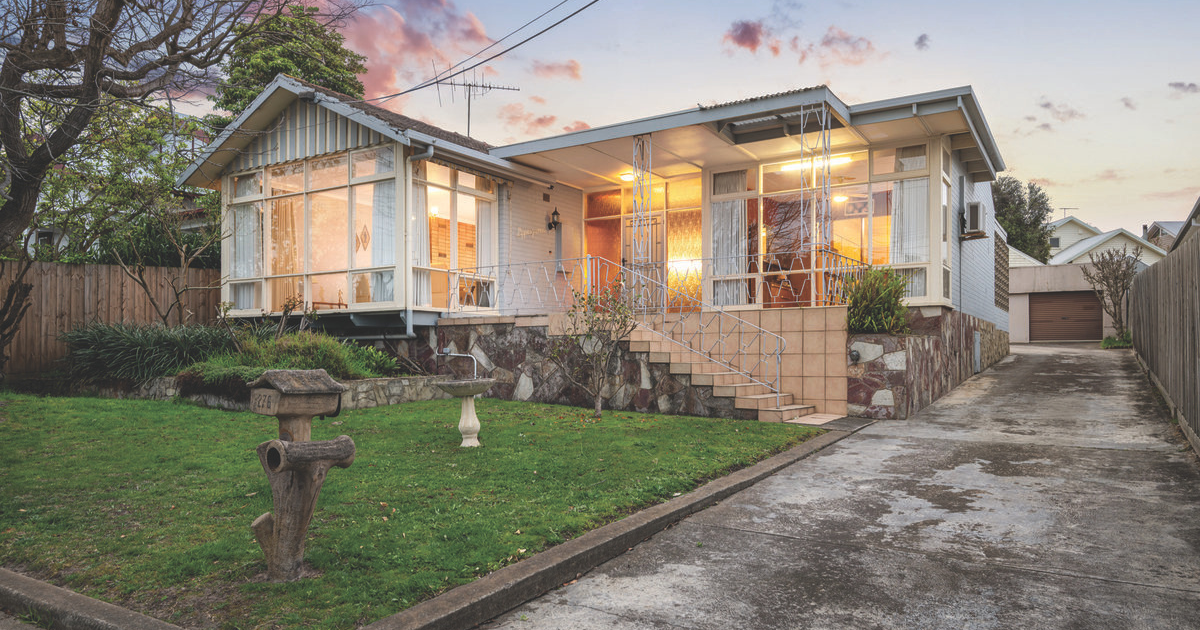Town by town snapshot: Aireys Inlet
THE size of Aireys Inlet is approximately 20.2 square kilometres with the population recorded at 714 people in 2011 and by the 2016 Census the population was 808, showing a population growth of 13.2 per cent in the area during that time.
Aireys Inlet is a popular coastal village on the Great Ocean Road with a very engaged local community who defend the amenity of the area with passion.
The town’s origins began around 1839 when John Airey took up a pastoral run near Point Roadknight, east of the inlet, and by 1842 his holding expanded along the coast beyond the inlet and was named the Angahook/Angohawk Run.
It is probable that Aireys Inlet is named after him, although his brother George was a Commissioner for Crown Lands in the Geelong district from 1839-44.
In 1887 the relatively inaccessible inlet area was subdivided and about 100 blocks were sold.
In 1890 the construction of a lighthouse commenced on the site known as Eagle’s Nest Point (renamed Split Point in 1913).
The heritage listed lighthouse, 100 metres above sea level, is made of cement-rendered concrete.
A post office and the Grand Hotel opened in 1893 and 1894 with agricultural and pastoral activities supporting the village.
Access to Aireys Inlet, however, was by travel along the beach from Lorne at low tide or by road over the mountainous Otway Ranges.
In 1905 a survey disclosed that a track along the edge of the coast was possible, and its construction was later taken up as a project to employ returned soldiers.
The Great Ocean Road Trust was formed and the road between Lorne and Anglesea was opened in 1922.
The median house price in Aireys Inlet in 1987 was $74,250 and in 1996 it was $140,000. The low figure in 1987 was three years after the Ash Wednesday fires which destroyed 219 houses in Aireys Inlet, 177 in Fairhaven, 87 in Moggs Creek and 32 in Eastern View.
CoreLogic data indicates the predominant age group in Aireys Inlet is 50-59 years with households in Aireys Inlet being primarily childless couples who are likely to be repaying $1,000 – $1,399 per month on mortgage repayments and, in general, people in Aireys Inlet work in a professional occupation.
In 2011, 74 per cent of the homes in Aireys Inlet were owner-occupied compared with 73.9 per cent in 2016.
AGENT PERSPECTIVE:
“Aireys Inlet is currently the most sought-after destination on the Great Ocean Road and we have never seen the amount of buyers in the market as we have right now, with most properties selling via Zoom private auctions. The exception to this was the recent public auctions of 4B and 4C Bambra Road being two allotments from a three-lot subdivision. The reserves were $625,000 and $650,000 respectively and they sold for $680,000 and $805,000 under the hammer. Neither of these allotments had a view; this is just a snapshot of what is regularly happening at present”
– Marty Maher, Great Ocean Properties
TIDBIT:
During the early 1950s the Australian crime author, Arthur Upfield, lived at Aireys Inlet. His novel The New Shoe (1951) is based on the township and some of its characters drew on local identities.
Population: 808
Male: 48.5%
Female: 51.5%
Median age: 52
5 year population change: 13.2%
Median house price: $1,120,000
Change in median price: (5yrs) is 65%
Median asking rent per week: $377
Average length of ownership: 16 years
Owner occupiers: 79%
Renters: 21%
Historic median house price:
October 2020: $1,120,000
October 2019: $952,500
October 2018: $800,000
October 2017: $745,000
October 2016: $680,000
House sales per annum:
Period ending October 2020: 24
Period ending October 2019: 18
Land median sale price:
October 2020: N/A
October 2019: N/A
Land sales per annum:
Period ending October 2020: 5
Period ending October 2019: 0


















